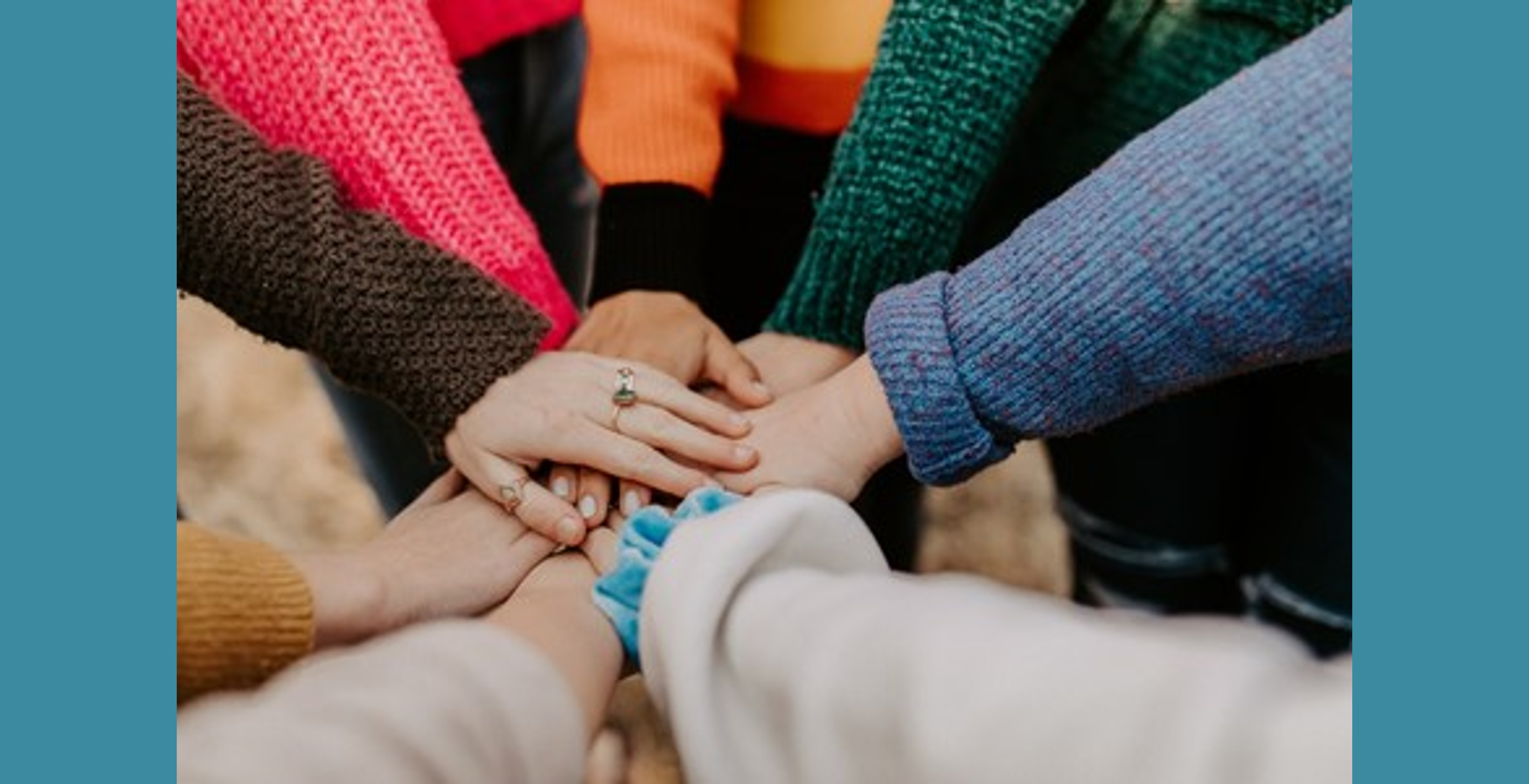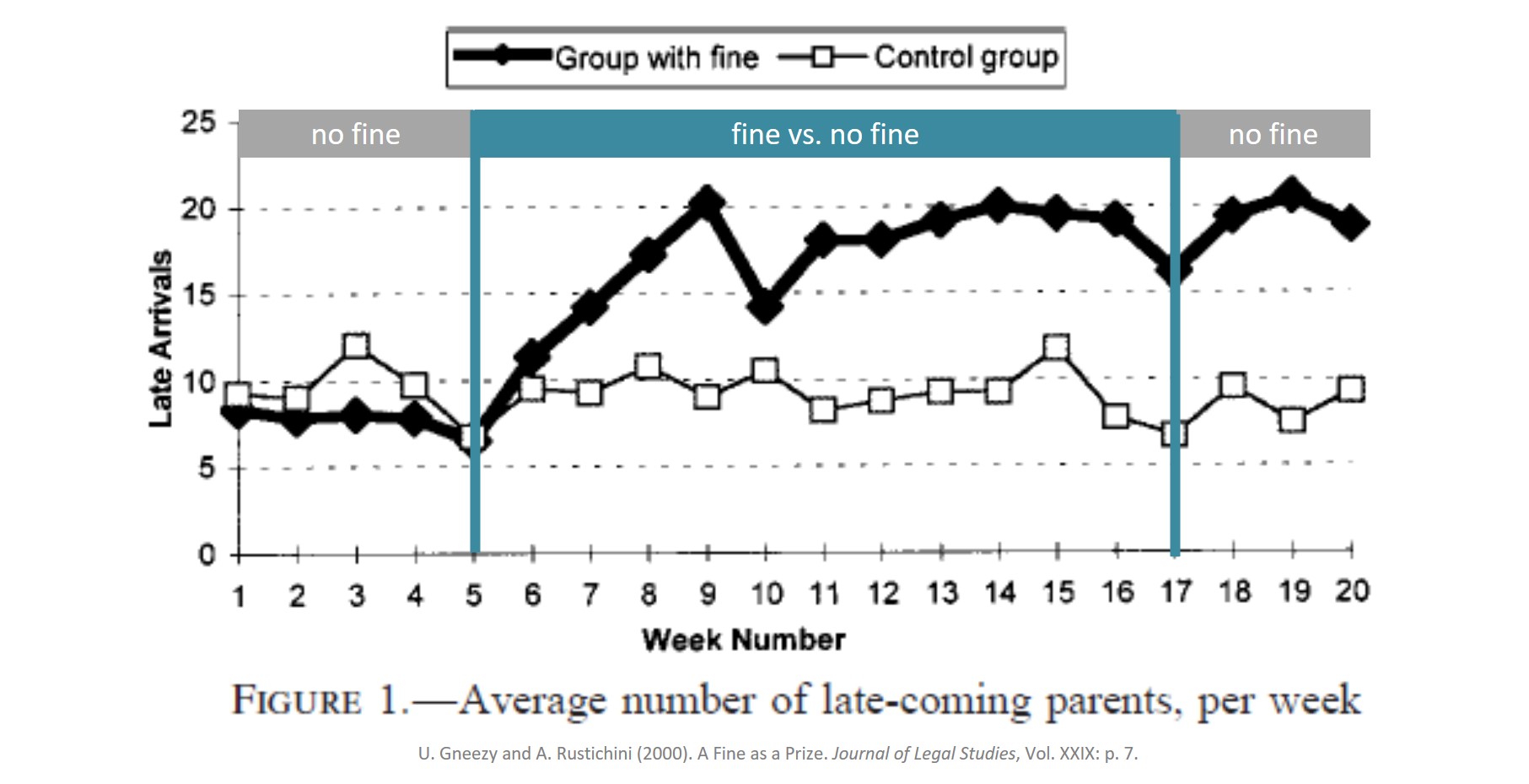Global Solidarity

With the rise of humanitarian emergencies in the world, we are more than ever in need of global solidarity. What can we do to help foster prosocial behavior and increase donations for disaster relief? Here are some tips and examples for marketers, CSR professionals, and decision-makers.
